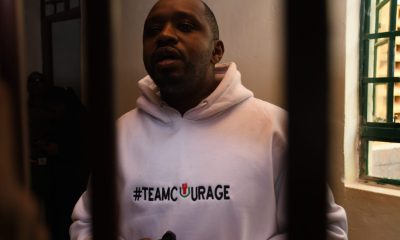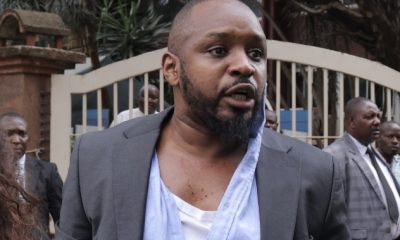News
Boniface Mwangi Detained in Tanzania, Family Can’t Reach Him
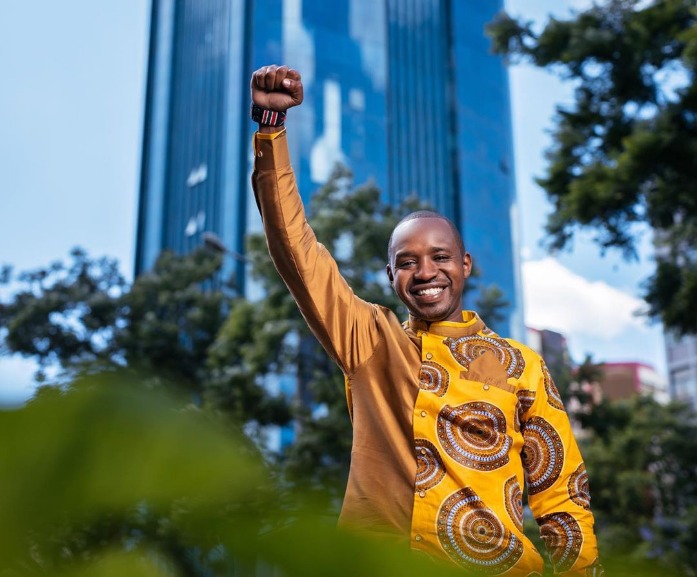
Boniface Mwangi, one of Kenya’s most outspoken activists, has been arrested in Tanzania, sparking outrage and concern across East Africa.
Mwangi was in Dar es Salaam to support Tanzanian opposition leader Tundu Lissu during his treason trial. His wife, Njeri Mwangi, says she has not been able to reach him since his detention.
The Tanzanian government has remained silent about his fate, fueling fears of rising political repression. With tensions growing in the region, Mwangi’s arrest is now at the center of a larger conversation about democracy and freedom in East Africa.
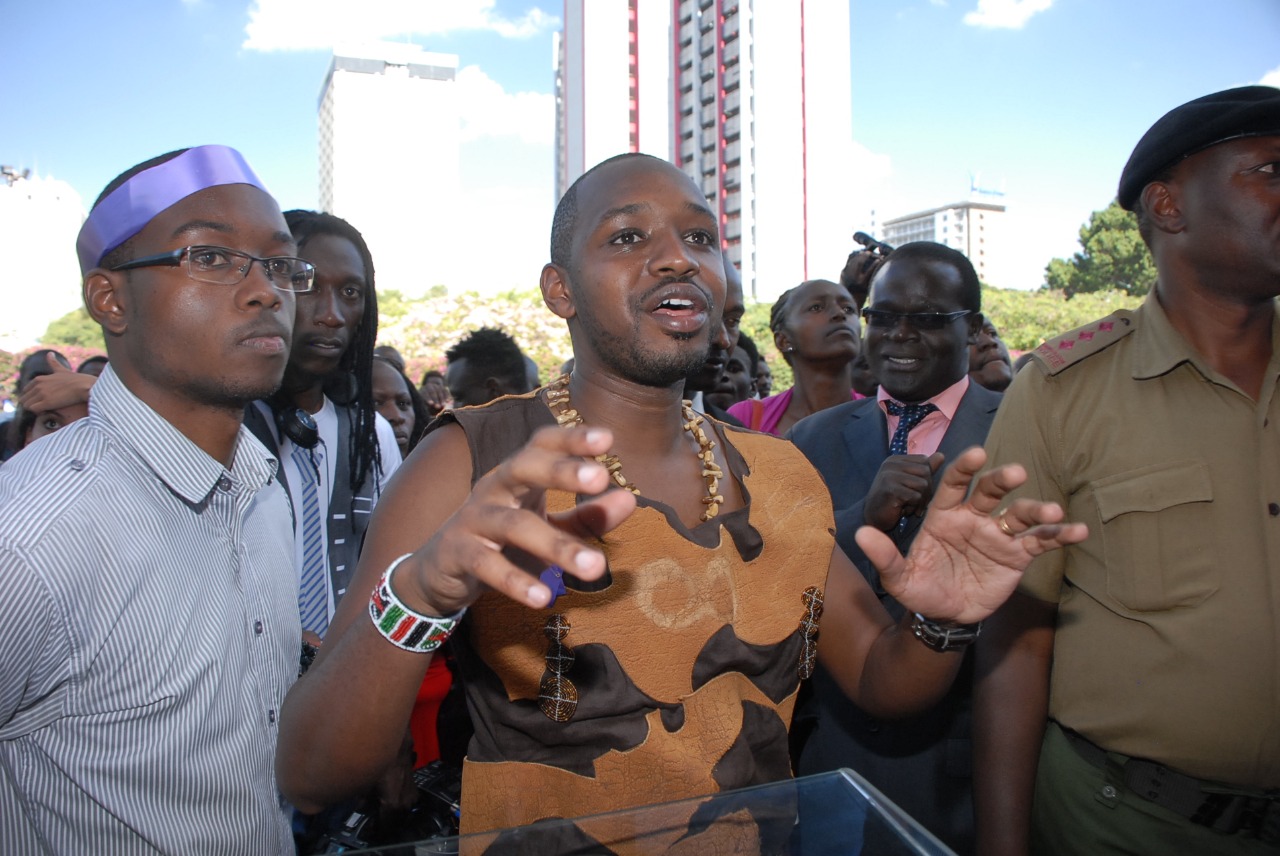
Lawyer Jebra Kambole confirmed that Boniface Mwangi (pictured) spent the night at the Central Police Station in Dar es Salaam. However, no official charges have been made public, and no communication has been allowed between Mwangi and his family. [Photo: Courtesy]
Boniface Mwangi Arrested in Tanzania While Supporting Opposition Leader
Boniface Mwangi, known for his fearless activism against corruption and police brutality in Kenya, was arrested on Monday, May 19, in Dar es Salaam, Tanzania. He had traveled there to show solidarity with Tanzanian opposition leader Tundu Lissu, who is facing treason charges. Mwangi was among several East African activists who attended the hearing.
His wife, Njeri Mwangi, told AFP that Boniface was taken from the Serena Hotel by Tanzanian authorities alongside Ugandan activist Agather Atuhaire. Since then, she has not been able to contact him. “I have been told they are waiting for the government of Tanzania to consult and decide whether to charge him or to deport him,” she said.
Lawyer Jebra Kambole confirmed that Mwangi spent the night at the Central Police Station in Dar es Salaam. However, no official charges have been made public, and no communication has been allowed between Mwangi and his family.
President Samia Suluhu Hassan stated on Monday that foreign activists would not be permitted to interfere in Tanzanian affairs. She directed security agencies to prevent “ill-mannered individuals from other countries” from crossing any lines in Tanzania.
The arrest has sparked concern among human rights organizations and civil society groups, who fear it marks another sign of shrinking democratic space in the region.
Tanzania Clamps Down on Regional Solidarity
Tundu Lissu’s Chadema party has been banned from participating in Tanzania’s upcoming October elections. The party had called for electoral reforms before the vote. As a result, the court case against Lissu has drawn wide attention from across the region.
Several foreign activists who attempted to attend Lissu’s hearing were denied entry. Kenyan politician and former presidential candidate Martha Karua was among them. She was deported shortly after landing in Tanzania.
Despite the crackdown, Karua later traveled to Uganda to represent opposition leader Kizza Besigye, who also faces treason charges. She shared online that she was able to enter Uganda without incident.
The Tanzanian government’s actions are seen by many as part of a broader effort to silence political opposition and discourage international scrutiny. Critics say that by arresting and deporting foreign allies, Tanzania is isolating activists and shielding its judiciary from external pressure.
Fears Grow Over Regional Authoritarian Shift
Boniface Mwangi’s arrest is not an isolated incident. Across East Africa, political repression appears to be on the rise. Uganda has detained key opposition figures, including Kizza Besigye, whose case bears similarities to that of Lissu in Tanzania.
Activists worry that East African leaders are using legal systems and national security claims to stifle dissent. The move to arrest Mwangi and others shows a trend of labeling peaceful observers as threats to national stability.
Mwangi’s detention also raises questions about the safety of activists who travel across borders to support democratic movements. While international solidarity has always played a role in pushing for reforms, governments like Tanzania’s are now treating it as unwanted foreign interference.
Mwangi’s case has captured public attention in Kenya, where many view him as a symbol of resistance and integrity. Local groups are now calling on the Kenyan government to demand his immediate release and ensure his safety.
As the region approaches key elections and court decisions, the fate of activists like Boniface Mwangi may define how far East African governments are willing to go to control their political narratives.
Kenya Insights allows guest blogging, if you want to be published on Kenya’s most authoritative and accurate blog, have an expose, news TIPS, story angles, human interest stories, drop us an email on [email protected] or via Telegram
-

 Investigations2 weeks ago
Investigations2 weeks agoDEATH TRAPS IN THE SKY: Inside the Sordid World of West Rift Aviation’s Deadly Corruption Cartel
-
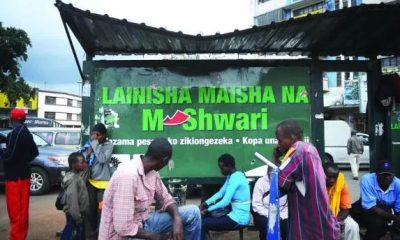
 Business4 days ago
Business4 days agoSAFARICOM’S M-SHWARI MELTDOWN: TERRIFIED KENYANS FLEE AS BILLIONS VANISH INTO DIGITAL BLACK HOLE
-

 Grapevine2 weeks ago
Grapevine2 weeks agoEX–YOUTH FUND BOSS GOR SEMELANG’O JAILED IN DUBAI OVER MONEY LAUNDERING LINKS
-
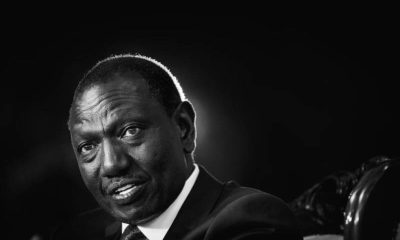
 Politics2 weeks ago
Politics2 weeks agoRuto’s Reshuffle Storm As Moi, Ida Odinga Tipped To Join His Cabinet
-

 Business1 week ago
Business1 week agoEquity Bank CEO James Mwangi Kicked Out of Sh1 Billion Muthaiga Mansion
-

 Investigations2 weeks ago
Investigations2 weeks agoWhose Drugs? Kenya Navy Seizes Drug Ship In Mombasa Carrying Sh8.2 Billion Meth
-

 Grapevine2 weeks ago
Grapevine2 weeks agoEX-YOUTH FUND BOSS GOR SEMELANG’O JAILED IN DUBAI FOR DEFRAUDING BUSINESSWOMAN
-
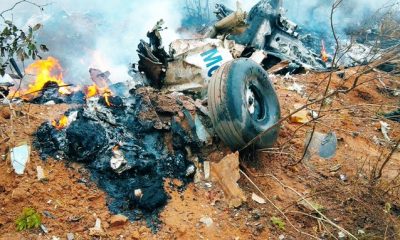
 News1 week ago
News1 week agoBLOOD IN THE SKIES: Eleven Dead as West Rift Aviation’s Chickens Come Home to Roost in Kwale Horror Crash

